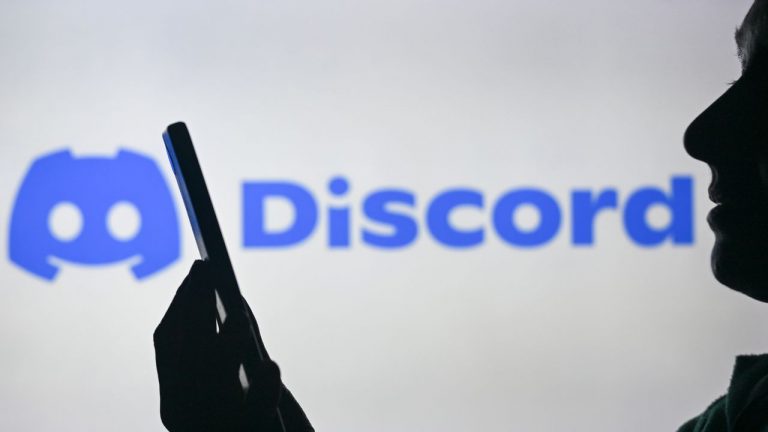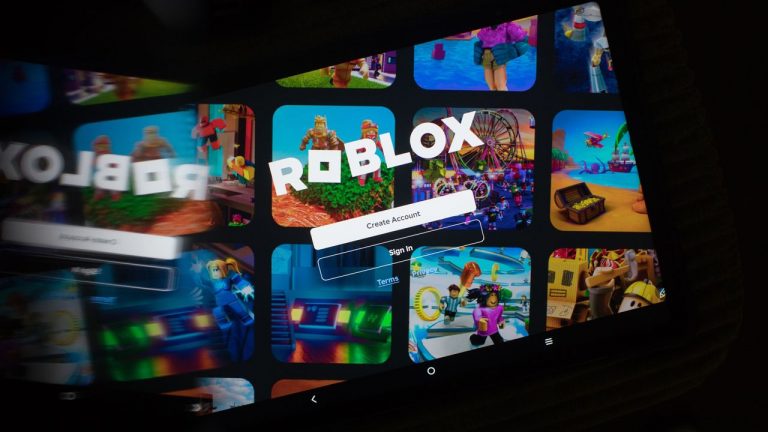In March 2023, the landmark case Hatchette Book Group Inc. v. Internet Archive ruled in Hatchett’s favour. Now, over a year into an appeals process, the Internet Archive’s appeal has been shut down.
This all stems from a decision made at the start of the COVID-19 pandemic in 2020. As lockdowns started to happen, and the public was no longer able to go to libraries—thereby giving them less access to books—the Internet Archive opened up its library to the public, where users could “lend” books (via Wired).
The National Emergency Library, as this scheme was called, operated from March 24 to June 2020, providing a “temporary collection of books that supported emergency remote teaching, research activities, independent scholarship, and intellectual stimulation”.
Previously, digital versions of these ebooks would represent physical copies it had access to. You could put your name down on a waiting list, where users would essentially share access to the digital representation of the book. A ticketing system was put in place for users to read the ebook copies of them.
However, when the waitlist restriction was removed in early 2020, Hatchette Book Group sued the Internet Archive, claiming doing so constitutes copyright infringement.
Many publishers and authors argued this was “tantamount to piracy”, and the Internet Archive has made an agreement to pay an undisclosed amount to the publishers whose books were replicated during the months. This decision has been met with ire (as the replies to this post show), as providing educational tools for free can stop the often prohibitively expensive barriers of getting your own.
As someone who did Law as part of my degree, I can attest that paying hundreds for books as a student is nearly infeasible. Though this case is now effectively over, The Internet Archive has seen huge swathes of support online for its efforts since early 2020.
Though the decision does seem to be the correct one, in a legal sense, it’s hard not to lament the further sheltering of texts that could serve to help many with their education. Fundamentally, books used to educate people serve a different purpose to those used to entertain primarily, yet that distinction is always that important in a legal context.
Hopefully, the broader societal pushback around this case will push publishers into being a bit more “generous” with the works currently being hoarded.












